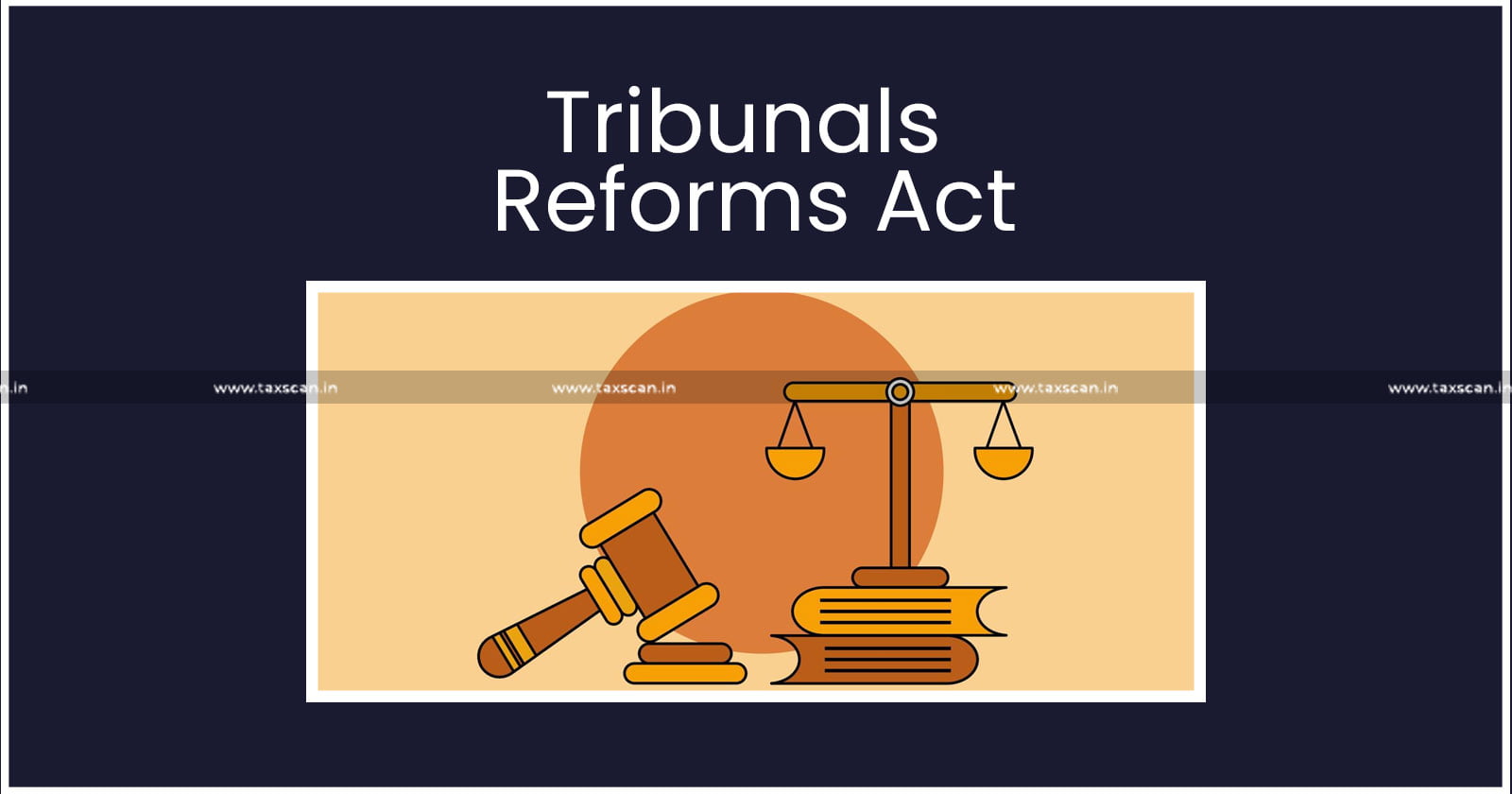Supreme Court bars Income Tax Dept from Coercive Steps While Examining Faceless vs Jurisdictional AO Authority [Read Order]
The matter has been tagged with another matter. Thus, the apex Court is likely to consider the issue comprehensively.
![Supreme Court bars Income Tax Dept from Coercive Steps While Examining Faceless vs Jurisdictional AO Authority [Read Order] Supreme Court bars Income Tax Dept from Coercive Steps While Examining Faceless vs Jurisdictional AO Authority [Read Order]](https://images.taxscan.in/h-upload/2025/11/22/2107414-supreme-court-income-tax-department-taxscan.webp)
The Supreme Court has granted relief to petitioner challenging reassessment proceedings initiated by the Income Tax Department amid a dispute over whether such proceedings must be handled by the Faceless Assessing Officer or the jurisdictional Assessing Officer.
While hearing the Special Leave Petitions from multiple writ petitions dismissed by the Delhi High Court, the Bench of Justice B.V. Nagarathna and Justice R. Mahadevan issued notice and permitted service on the Central Agency, while making it clear that although assessment proceedings may continue, no coercive action shall be taken against the petitioners until further orders.
The background of the matter was that reassessment notices issued under Section 148A, which the petitioners, Mangalam Edu Gate argued were invalid because they were issued by the jurisdictional Assessing Officer rather than the Faceless Assessing Officer designated under the faceless scheme introduced by the Central Board of Direct Taxes.
However, the Delhi High Court, noting its judgment in TKS Builders Pvt. Ltd. v. IncomeTax Officer, held that both the jurisdictional and faceless assessing officers exercise concurrent jurisdiction in Delhi.
 Also Read: Supreme Court Strikes Down Key Provisions of Tribunals Reforms Act, 2021 for Violating Judicial Independence [Read Judgement]
Also Read: Supreme Court Strikes Down Key Provisions of Tribunals Reforms Act, 2021 for Violating Judicial Independence [Read Judgement]
Since this judgment has not been stayed by the Supreme Court, the High Court considered itself bound by it and dismissed all the writ petitions, following the same reasoning it previously applied in Empire Fasteners, Yukti Export, PC Jeweller, and several other cases involving identical challenges.
The Court also rejected reliance on a recent Bombay High Court judgment upholding exclusive jurisdiction of the Faceless Assessing Officer, noting that the Supreme Court’s dismissal of the Revenue’s SLP in that case was in limine and therefore did not alter the binding effect of the Delhi High Court’s own precedent.
With the matter now before the Supreme Court, the interim protection against coercive steps makes sure that the taxpayers will not face adverse consequences such as penalty, recovery, or enforcement actions while the broader jurisdictional question continues to be examined.
The matter has been tagged with Sunrender Kumar Wadhwa vs Principal Commissioner of Income tax & Anr. Thus, the apex Court is likely to consider the issue comprehensively.
Support our journalism by subscribing to Taxscan premium. Follow us on Telegram for quick updates


